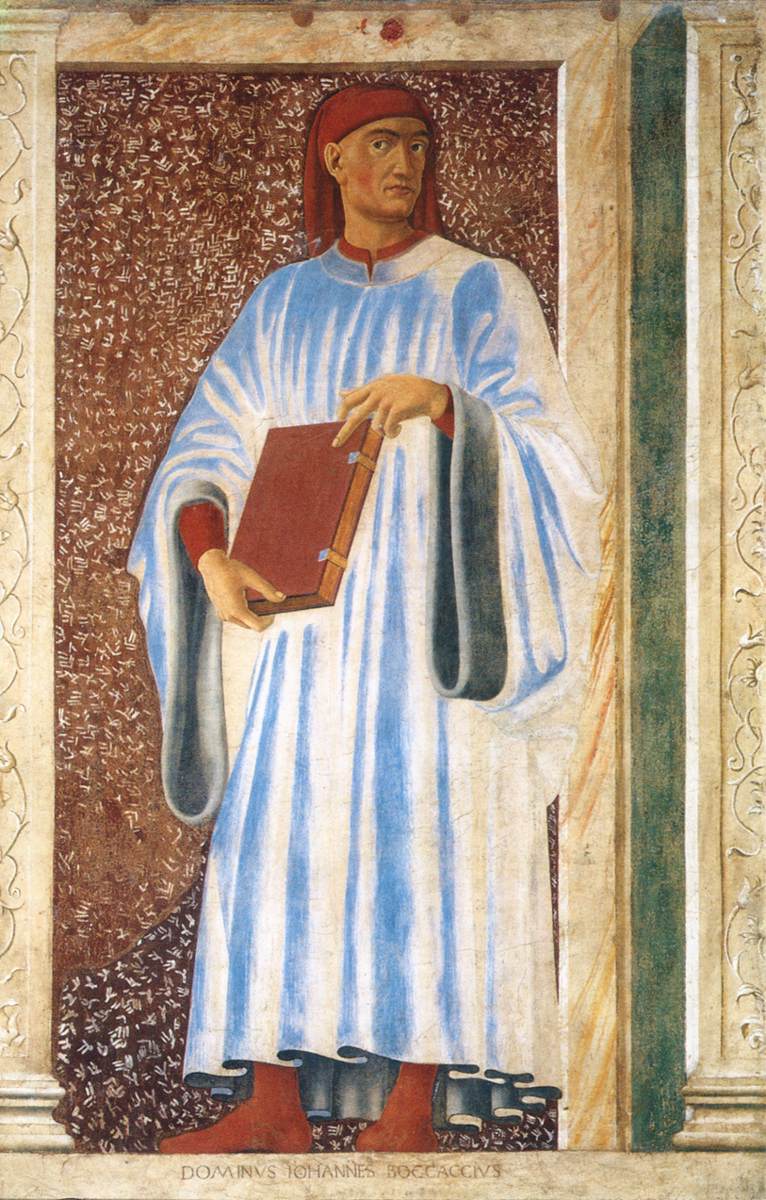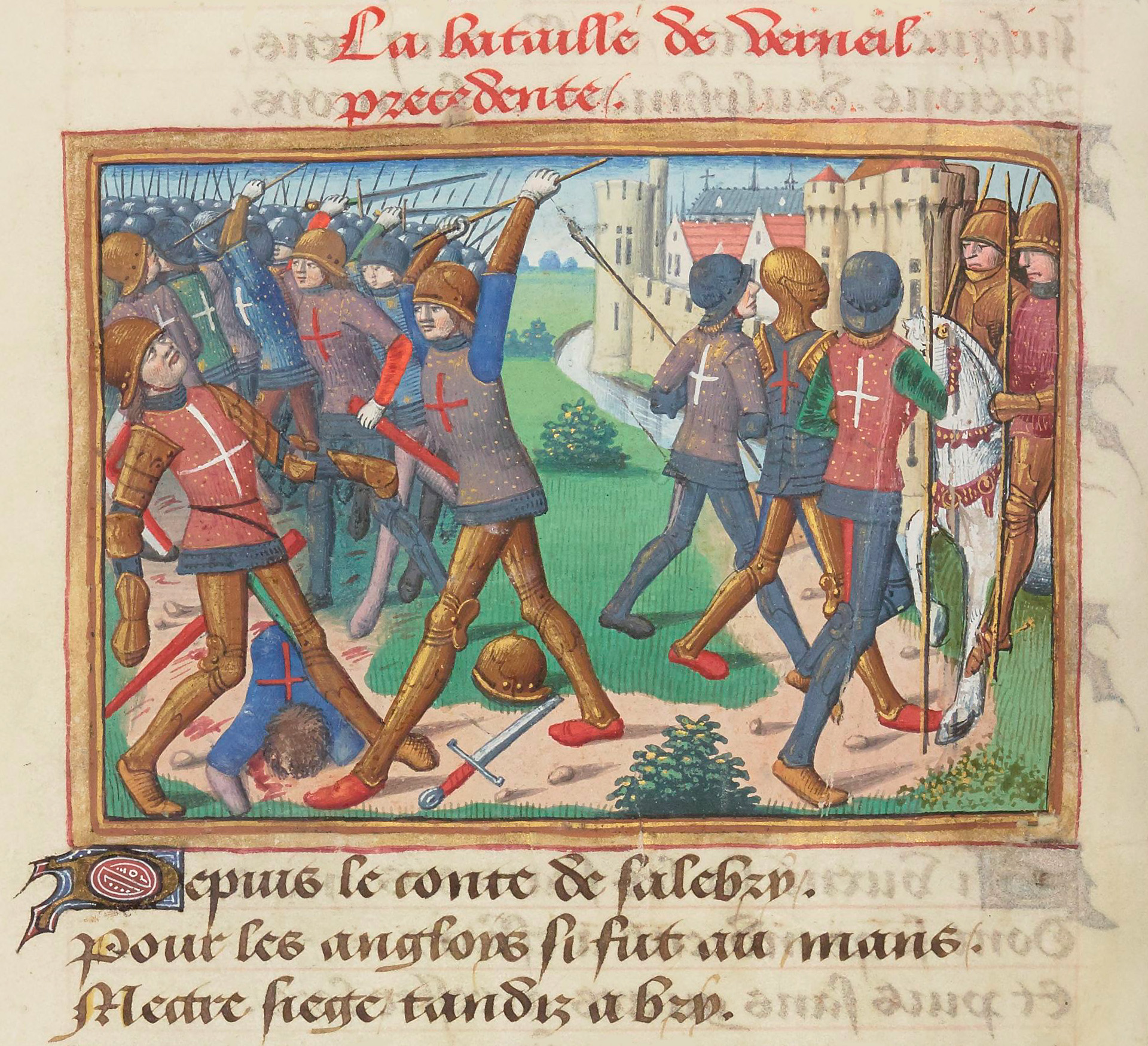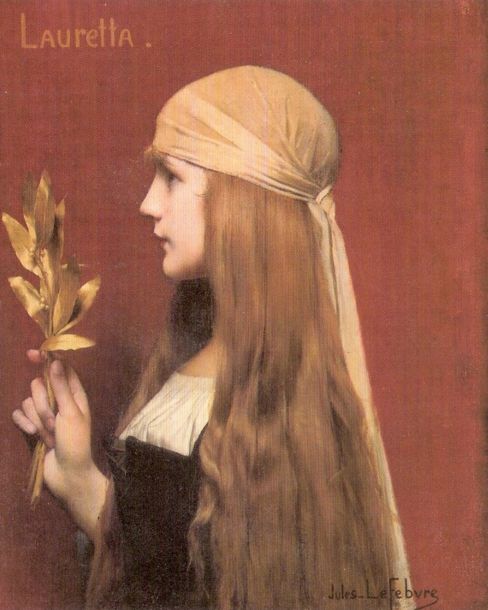|
Giovanni Sercambi
Giovanni Sercambi (18 February 134727 May 1424) was an Italian author from Lucca who wrote a history of his city, ''Le croniche di Luccha'', as well as ''Il novelliere'' (or ''Novelle''), a collection of 155 tales. Biography Of modest origins, Sercambi rose to become Gonfaloniere of Justice in 1400. He played a key role in the rise to power of Paolo Guinigi, who became the effective lord of Lucca on 21 November 1400 when he received the titles of '' Capitano e Difensore del Popolo''. Later, estranged from the regime and excluded from power, he devoted himself to literature. He died in 1424, and was buried in the Chiesa di San Matteo. Works Sercambi composed ''Le croniche di Luccha'' from until his death from plague in 1424. The wonderfully illuminated manuscript of the ''Croniche'' (which cover the years 1164 to 1424), is preserved in the State Archives of Lucca. The unfinished ''Il novelliere'' has a frame story based on Boccaccio's '' Decameron'', in which the storytelle ... [...More Info...] [...Related Items...] OR: [Wikipedia] [Google] [Baidu] |
:Template:Infobox Writer/doc
Infobox writer may be used to summarize information about a person who is a writer/author (includes screenwriters). If the writer-specific fields here are not needed, consider using the more general ; other infoboxes there can be found in :People and person infobox templates. This template may also be used as a module (or sub-template) of ; see WikiProject Infoboxes/embed for guidance on such usage. Syntax The infobox may be added by pasting the template as shown below into an article. All fields are optional. Any unused parameter names can be left blank or omitted. Parameters Please remove any parameters from an article's infobox that are unlikely to be used. All parameters are optional. Unless otherwise specified, if a parameter has multiple values, they should be comma-separated using the template: : which produces: : , language= If any of the individual values contain commas already, add to use semi-colons as separators: : which produces: : , pseu ... [...More Info...] [...Related Items...] OR: [Wikipedia] [Google] [Baidu] |
Boccaccio
Giovanni Boccaccio ( , ; ; 16 June 1313 – 21 December 1375) was an Italian writer, poet, correspondent of Petrarch, and an important Renaissance humanist. Born in the town of Certaldo, he became so well known as a writer that he was sometimes simply known as "the Certaldese" and one of the most important figures in the European literary panorama of the fourteenth century. Some scholars (including Vittore Branca) define him as the greatest European prose writer of his time, a versatile writer who amalgamated different literary trends and genres, making them converge in original works, thanks to a creative activity exercised under the banner of experimentalism. His most notable works are ''The Decameron'', a collection of short stories, and '' On Famous Women''. ''The Decameron'' became a determining element for the Italian literary tradition, especially after Pietro Bembo elevated the Boccaccian style to a model of Italian prose in the sixteenth century. Boccaccio wr ... [...More Info...] [...Related Items...] OR: [Wikipedia] [Google] [Baidu] |
Italian Male Writers
Italian(s) may refer to: * Anything of, from, or related to the people of Italy over the centuries ** Italians, a Romance ethnic group related to or simply a citizen of the Italian Republic or Italian Kingdom ** Italian language, a Romance language *** Regional Italian, regional variants of the Italian language ** Languages of Italy, languages and dialects spoken in Italy ** Italian culture, cultural features of Italy ** Italian cuisine, traditional foods ** Folklore of Italy, the folklore and urban legends of Italy ** Mythology of Italy, traditional religion and beliefs Other uses * Italian dressing, a vinaigrette-type salad dressing or marination * Italian or Italian-A, alternative names for the Ping-Pong virus, an extinct computer virus * ''Italien'' (magazine), pro-Fascist magazine in Germany between 1927 and 1944 See also * * * Italia (other) * Italic (other) * Italo (other) * The Italian (other) * Italian people (other) Italian ... [...More Info...] [...Related Items...] OR: [Wikipedia] [Google] [Baidu] |
1424 Deaths
Year 1424 ( MCDXXIV) was a leap year starting on Saturday of the Julian calendar. Events January–March * January 23 – William Cheyne becomes the Lord Chief Justice of England and Wales, replacing the late William Hankford. * February 1 – While negotiating his release from captivity, King James of Scotland is allowed to be married to Joan Beaufort in London, with a ceremony taking place at Southwark Cathedral. * February 12 – The coronation of Sophia of Halshany, wife of Władysław II Jagiełło, as Queen consort of Poland takes place at the Kraków Cathedral. * February 14 – Wars in Lombardy: The Army of the Florentine Republic, led by Captain Pandolfo III Malatesta, storms the city of Romagna. * March 28 – King James I of Scotland is released after having been held captive in England for 18 years. James is freed after putting his royal seal on a ransom treaty of £40,000, secured by Scottish hostages taking his place, as agre ... [...More Info...] [...Related Items...] OR: [Wikipedia] [Google] [Baidu] |
1347 Births
Year 1347 ( MCCCXLVII) was a common year starting on Monday of the Julian calendar, and a common year starting on Sunday of the Proleptic Gregorian calendar. Events January–December * January 26 – Charles University in Prague is founded by a bull issued by Pope Clement VI, at the request of Charles I, King of Bohemia. * February 2 – The Byzantine civil war of 1341–1347 between John VI Kantakouzenos and the regency for John V Palaiologos ends with Kantakouzenos entering Constantinople. * February 26 – The Maona of Chios and Phocaea is formed to manage the overseas possessions of the Republic of Genoa. * April – The Knights Hospitaller defeat a Turkish fleet, and sink 100 ships off Imbros. * May ** The agreement reorganizing the Byzantine Empire's affairs is finalized, as Anna of Savoy's son John V Palaiologos marries Kantakouzenos' 15-year-old daughter Helena. ** Genoese ships fleeing the 1331 Black Death plague in Theodosia stop in Constan ... [...More Info...] [...Related Items...] OR: [Wikipedia] [Google] [Baidu] |
Istituto Dell'Enciclopedia Italiana
Institute Giovanni Treccani for the publication of the Italian Encyclopedia (), also known as Treccani Institute or simply Treccani, is a cultural institution of national interest, active in the publishing field, founded by Giovanni Treccani and Giovanni Gentile in 1925. It is known for publishing the first edition and the subsequent ten supplements of the ''Italian Encyclopaedia of Science, Literature and Arts'' (). History The Institute of the Italian Encyclopaedia was founded in Rome in 1925 by Giovanni Treccani, with the philosopher Giovanni Gentile as editor-in-chief. The first publication by the Institute was the ''Enciclopedia Italiana di Scienze, Lettere e Arti'' (). This encyclopaedia, best known as ''Enciclopedia Italiana'' or the ''Great Encyclopaedia'', is an Italian-language encyclopaedia and is regarded as one of the great encyclopaedias, being international in scope, alongside ''Encyclopædia Britannica'' and others. Since the 1990s, Treccani has been playing a ... [...More Info...] [...Related Items...] OR: [Wikipedia] [Google] [Baidu] |
Oxford University Press
Oxford University Press (OUP) is the publishing house of the University of Oxford. It is the largest university press in the world. Its first book was printed in Oxford in 1478, with the Press officially granted the legal right to print books by decree in 1586. It is the second-oldest university press after Cambridge University Press, which was founded in 1534. It is a department of the University of Oxford. It is governed by a group of 15 academics, the Delegates of the Press, appointed by the Vice Chancellor, vice-chancellor of the University of Oxford. The Delegates of the Press are led by the Secretary to the Delegates, who serves as OUP's chief executive and as its major representative on other university bodies. Oxford University Press has had a similar governance structure since the 17th century. The press is located on Walton Street, Oxford, Walton Street, Oxford, opposite Somerville College, Oxford, Somerville College, in the inner suburb of Jericho, Oxford, Jericho. ... [...More Info...] [...Related Items...] OR: [Wikipedia] [Google] [Baidu] |
Modern Language Notes
''Modern Language Notes'' (''MLN'') is a peer-reviewed academic journal established in 1886 at the Johns Hopkins University, with the intention of introducing continental European literary criticism into American scholarship. The journal is published five times per year, with one issue covering each of the four languages of concern (French, German, Italian, Spanish), while the fifth issue focuses on comparative literature. Each issue has its own specific sets of editors Editing is the process of selecting and preparing written, visual, audible, or cinematic material used by a person or an entity to convey a message or information. The editing process can involve correction, condensation, organization, a .... Abstracting and indexing The journal is abstracted and indexed in: References External links * Literary magazines published in the United States Modernism Literary criticism Publications established in 1886 Johns Hopkins University Press academic journals ... [...More Info...] [...Related Items...] OR: [Wikipedia] [Google] [Baidu] |
One Thousand And One Nights
''One Thousand and One Nights'' (, ), is a collection of Middle Eastern folktales compiled in the Arabic language during the Islamic Golden Age. It is often known in English as ''The Arabian Nights'', from the first English-language edition (), which rendered the title as ''The Arabian Nights' Entertainments''. The work was collected over many centuries by various authors, translators, and scholars across West Asia, Central Asia, South Asia, and North Africa. Some tales trace their roots back to ancient and medieval Arabic, Persian, and Mesopotamian literature. Most tales, however, were originally folk stories from the Abbasid and Mamluk eras, while others, especially the frame story, are probably drawn from the Pahlavi Persian work (, ), which in turn may be translations of older Indian texts. Common to all the editions of the ''Nights'' is the framing device of the story of the ruler Shahryar being narrated the tales by his wife Scheherazade, with one tale told ov ... [...More Info...] [...Related Items...] OR: [Wikipedia] [Google] [Baidu] |
Decameron
''The Decameron'' (; or ''Decamerone'' ), subtitled ''Prince Galehaut'' (Old ) and sometimes nicknamed ''l'Umana commedia'' ("the Human comedy", as it was Boccaccio that dubbed Dante Alighieri's ''Comedy'' "''Divine''"), is a collection of short stories by the 14th-century Italian author Giovanni Boccaccio (1313–1375). The book is structured as a frame story containing 100 tales told by a group of seven young women and three young men; they shelter in a secluded villa just outside Florence in order to escape the Black Death, which was afflicting the city. The epidemic is likely what Boccaccio used for the basis of the book which was thought to be written between 1348–1353. The various tales of love in ''The Decameron'' range from the erotic to the tragic. Tales of wit, practical jokes, and life lessons also contribute to the mosaic. In addition to its literary value and widespread influence (for example on Chaucer's ''Canterbury Tales''), it provides a document of lif ... [...More Info...] [...Related Items...] OR: [Wikipedia] [Google] [Baidu] |
Capitano Del Popolo
Captain of the people () was an administrative title used in Italy during the Middle Ages, established essentially to balance the power and authority of the noble families of the Italian city-states.Najemy, John M. 2006. ''A History of Florence 1200-1575''. Blackwell Publishing. . pp. 66–7, 75, 83–4, 94, 123, 157, 172, 178, 248. History It was created in the early 13th century when the ''populares'', the increasingly wealthy classes of commoners (merchants, professionals, craftsmen and, in maritime cities, ship-owners) began to acquire roles in the comune, communal administration of various Italian city-states, and needed a municipal officeholder able to counter the political power of the nobles (called ''potentes''), represented usually by the ''podestà'' (a title used for chief magistrates and other top administrators in medieval Italian cities). One of the first ''capitani del popolo'' was created in Bologna in northern Italy, appointed in 1228. The ''capitano del popol ... [...More Info...] [...Related Items...] OR: [Wikipedia] [Google] [Baidu] |






